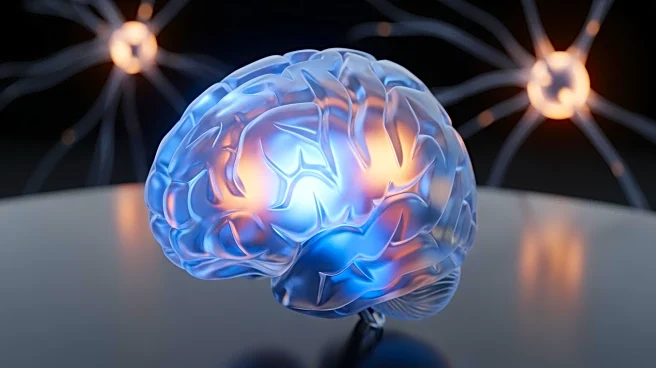Rapid Read • 7 min read
The World Bank Group, established in 1944 during the Bretton Woods Conference, initially focused on rebuilding post-war Europe. Over the years, its mission expanded to include global development projects aimed at poverty reduction. The organization comprises five institutions: the International Bank for Reconstruction and Development (IBRD), the International Development Association (IDA), the International Finance Corporation (IFC), the Multilateral Investment Guarantee Agency (MIGA), and the International Center for Settlement of Investment Disputes (ICSID). The World Bank has funded over twelve thousand projects worldwide, focusing on infrastructure, health, education, and environmental sustainability.
AD
The World Bank plays a crucial role in global economic development by providing financial and technical assistance to developing countries. Its efforts in poverty reduction and infrastructure development have significant implications for global economic stability and growth. The institution's focus on sustainable development aligns with global priorities such as climate change mitigation and recovery from the COVID-19 pandemic. As a major multilateral creditor, the World Bank influences international economic policies and practices, impacting both donor and recipient countries.
The World Bank continues to adapt its strategies to address emerging global challenges, including climate change and geopolitical tensions. Under the leadership of Ajay Banga, the institution aims to expand its lending capacity and enhance its role in global development. Future initiatives may include reforms to increase the bank's effectiveness and responsiveness to the needs of developing countries. The World Bank's ongoing projects and partnerships will likely focus on sustainable development and poverty alleviation.
The World Bank's influence extends beyond financial assistance, as it shapes global development policies and practices. Its research and advisory services contribute to the formulation of best practices in economic development. The institution's role in addressing transnational issues, such as climate change and post-conflict reconstruction, highlights its importance in fostering global cooperation and stability.
AD
More Stories You Might Enjoy










